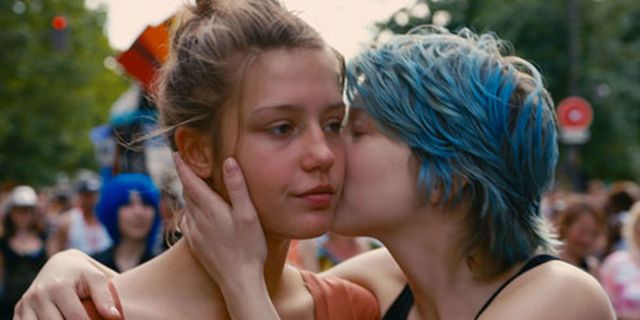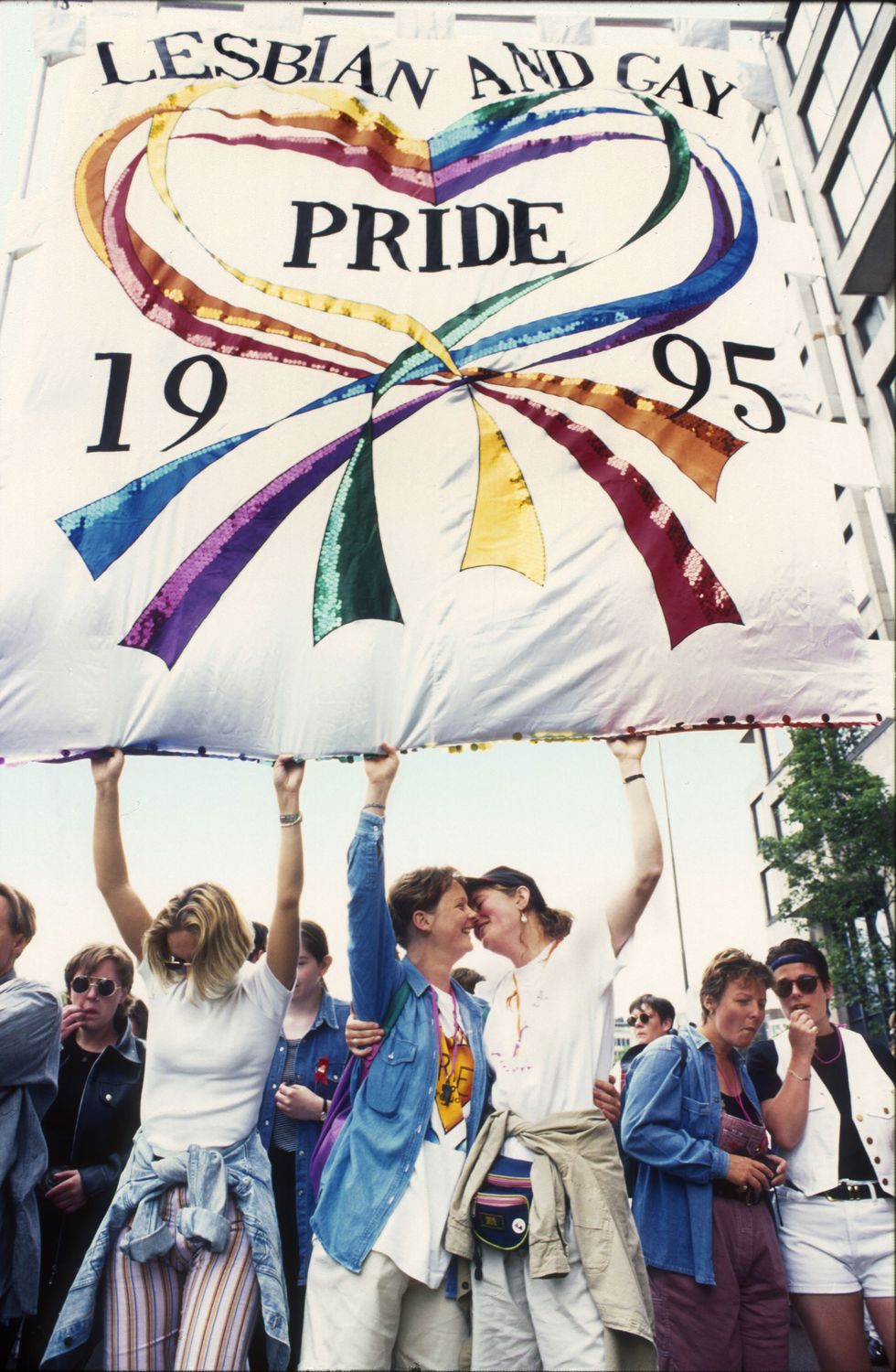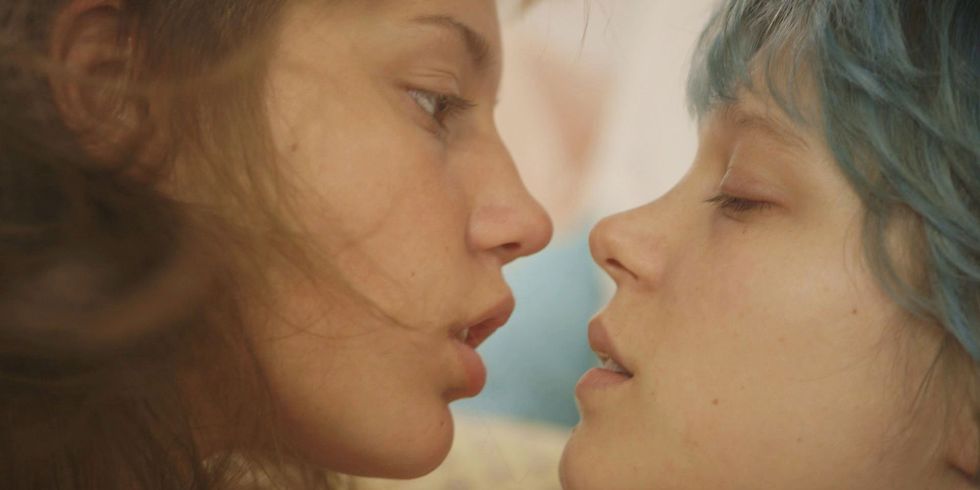I was sitting through yet another piece of theatre about the LGTBQ community, but one exclusively rooted in the gay male experience, when the question struck me: 'Where are the representations of lesbian and bisexual women in theatre?'
Scouting new shows for Soho Theatre at the Edinburgh Fringe Festival, I had asked if I could focus on the LGBTQ component of the programme, to see what LGBTQ community members were contributing to one of the biggest arts festivals in the world. After sitting through around 30 plays about the gay male experience, some great, some questionable, I hadn't seen a single one about queer women.
My company Damsel Productions is dedicated to empowering women in the arts. But another dimension of the issue that is close to my heart is the representation of queer women on and off stage. The presence of gay men in theatre is so routine that we barely register it; it's pretty much assumed that a good number of male actors will be freely and openly identifying as gay men (good!). It's a part of the industry that is fluid and celebrated, and yet for some reason that inclusivity hasn't extended to women; and it interests me to think about why.
Theatre is a means of expression that allows us to express ourselves with a progressive and enlightened sensibility, so if we're not offering this type of material in our own medium, then something has seriously gone awry. My aim with Damsel, alongside other queer-friendly companies is to foster a lesbian/gay female community in the arts, both in terms of artists and audiences.
This isn't necessarily to say that I'm angling for plays and projects purely about 'being a gay woman.' The plays that interest me most are often those that have same-sex female relationships as a feature, without making it about being a 'problem', or the issue at the heart of the play. It's just there. Take For Those Who Cry When The Foxes Scream at the Tristan Bates Theatre, or Elegy at the Donmar – two welcome exceptions to the otherwise scarce plays about the lesbian experience. At the heart of both pieces were crucial and engaging relationships, that both happened to be between two women.
This is the type of theatre that should be celebrated, that needs to continue to grow and evolve. The demand is certainly out there - responses to shows such as Orange Is The New Black and the film Blue Is The Warmest Colour, which not only demystify the queer female experience but actively normalise it, are testament to this. They certainly comforted me in my emerging queer years, when switching on a programme that showed depictions of gay women made me feel less alienated in a heterosexually dominated reality.
I hope theatre can now start to create a similar catharsis, wherein scared/questioning/or indeed 'out' gay women can join together to witness a piece of art that roots itself in the gay female experience.
My original intention was to set up an LGBTQ all female company. However, I quickly realised that even an all female company was an ambitious and challenging aspiration. So l repeat and refine my female based call to action, but this time as a call to make daring gay female work that doesn't represent bi and lesbian women from the perspective of a male gaze, or from a stereotyped or 'palatable' point of view.
Here's to a post-Pride year of fierce, fiery and female queer theatre. I hope to see everyone there - straight, gay and everything else in between in their rainbow colours.
Hannah Hauer-King is directing Phoebe Eclair-Powell's FURY at Soho Theatre 5-30 July. Tickets from £10. http://www.sohotheatre.com/whats-on/fury/















